Stay Updated
Want practical tips and tools for cleaner poultry farming? Enter your number to stay informed!
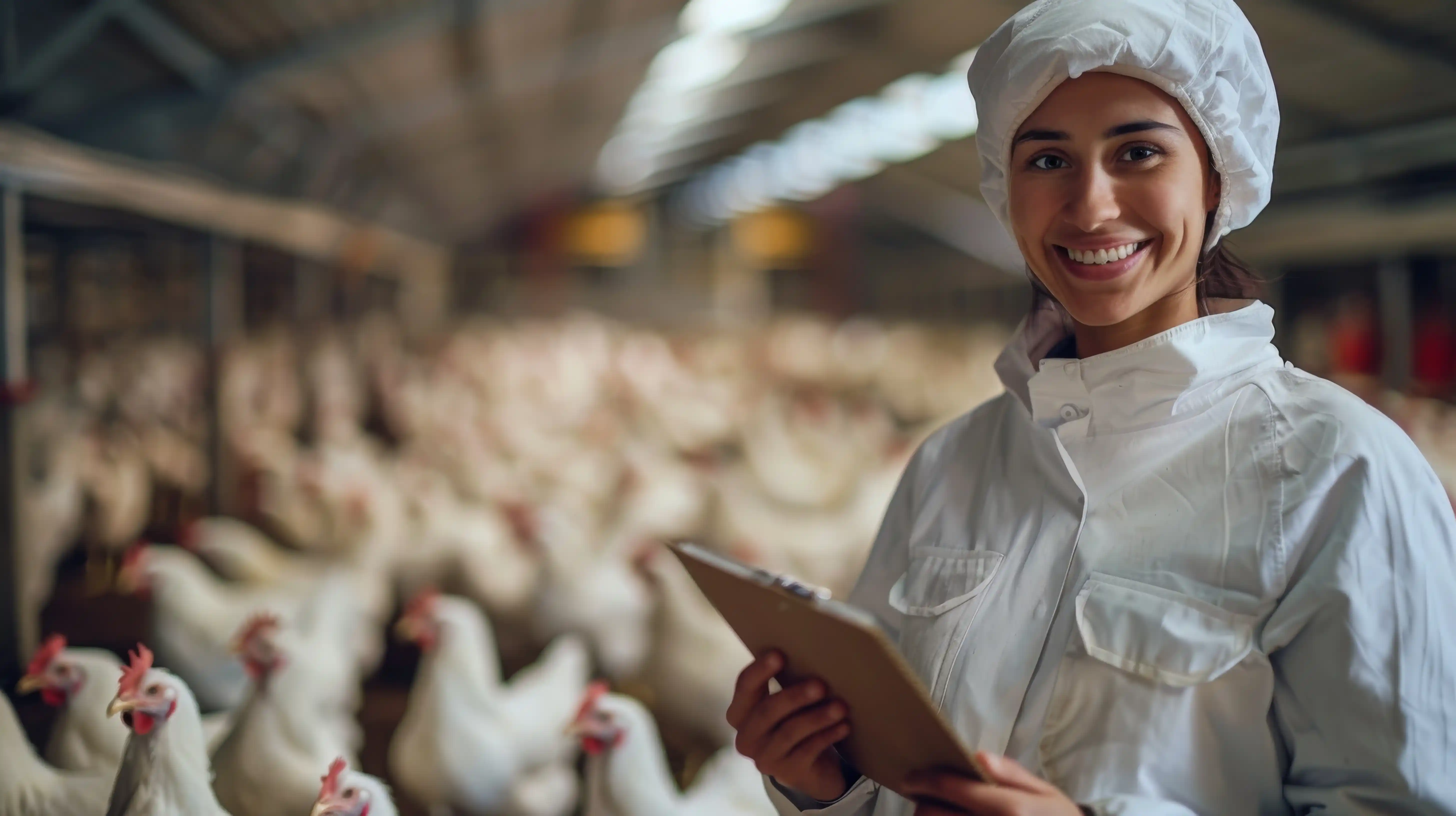
Chicken manure is one of the most nutrient-dense types of animal waste, making it a powerful asset for agricultural production — but only when handled properly. Unlike synthetic fertilizers, which are uniform and predictable, raw chicken manure varies greatly in nutrient concentration and microbial activity. Without careful management, this natural resource can become an environmental risk.
Improper storage or over-application of manure leads to runoff, which can contaminate nearby rivers, groundwater, and soil. Even small-scale farms contribute to nitrogen loading if they lack appropriate waste infrastructure. That’s why monitoring tools, composting processes, and science-backed spreading practices are essential to avoid ecological harm and maintain balance within the farming ecosystem.
Modern sustainable farms now see manure not as waste but as a regulated input. With the help of smart monitoring systems like those supported by sarabragdonmassage.com, farmers can track manure output, optimize application timing, and align their practices with environmental standards. This approach ensures that poultry operations stay productive while actively contributing to soil health, biodiversity, and long-term climate resilience.
About organic farms
At Sarabragdonmassage, we believe organic poultry farming is key to a healthier planet and food system. We support farms that value animal welfare, natural feed, and eco-conscious practices. By combining organic principles with modern monitoring tools, we help farms stay transparent and make smarter, data-driven decisions — from tracking emissions to managing manure. Our mission is to help organic poultry farms thrive sustainably and responsibly.
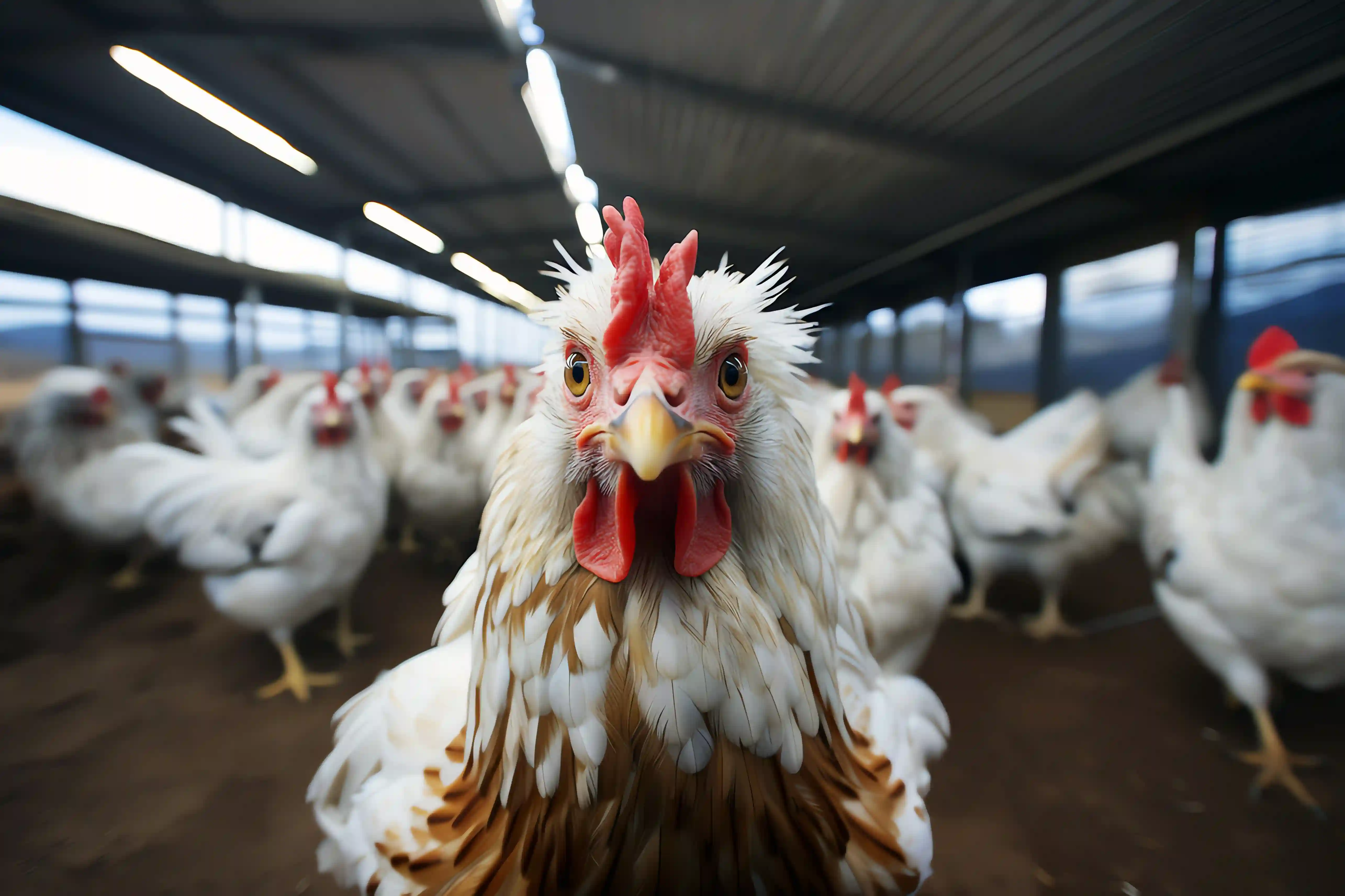
What We Monitor?
At Sarabragdonmassage, we help organic and eco-conscious poultry farms take control of their environmental footprint. Our platform monitors critical areas such as air quality, manure levels, water and feed usage, and overall resource efficiency. With real-time tracking and intuitive dashboards, farmers get the insights they need to act fast, reduce waste, and meet sustainability goals. Whether you're maintaining organic certification or simply improving farm performance, our monitoring tools are built to support smarter, greener decisions. Because responsible farming starts with knowing what your farm really leaves behind.
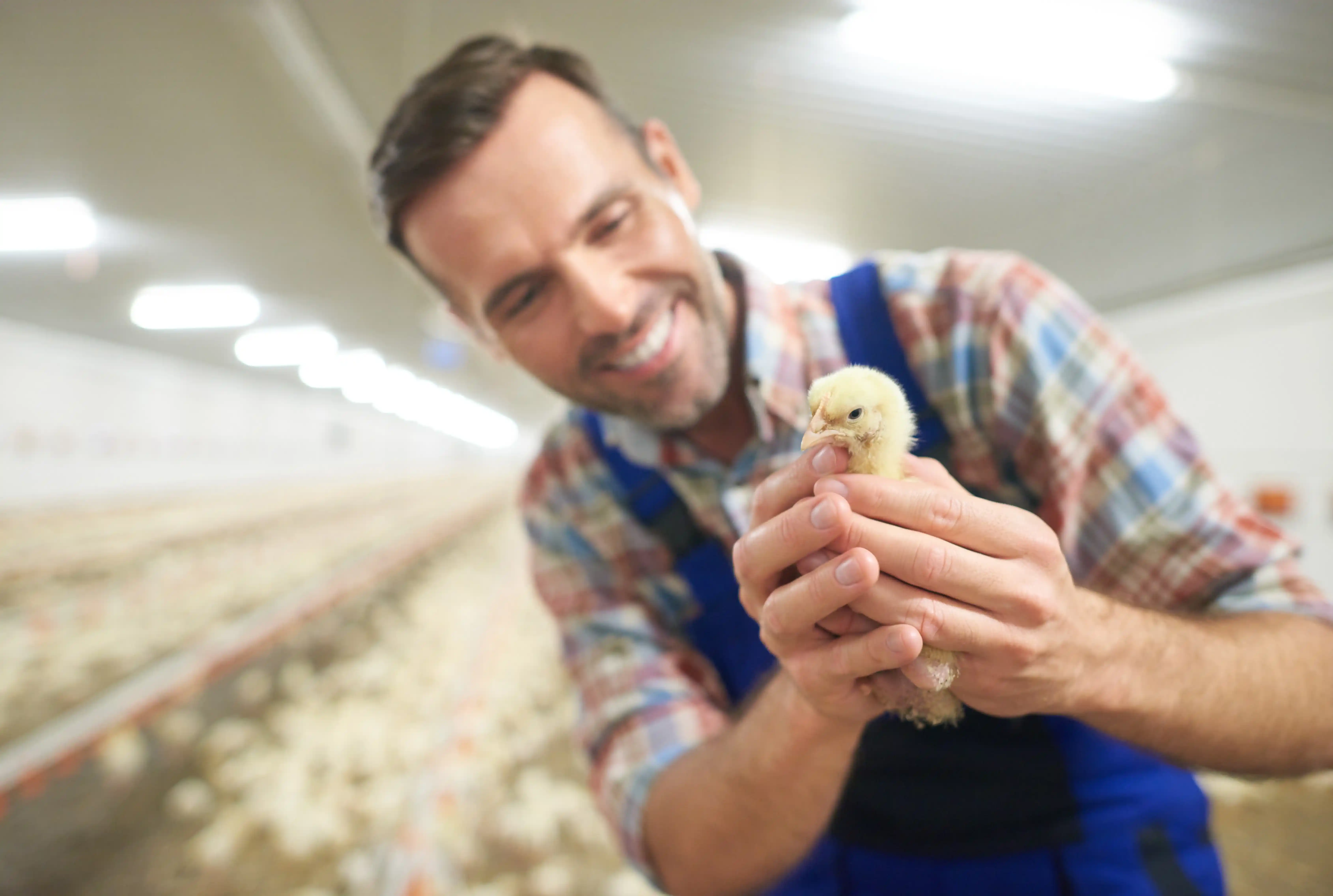
🌫️ Air Emissions
We monitor ammonia, methane, and CO₂ levels in real time across poultry houses. This helps farmers control air quality and reduce harmful emissions before they become a problem. Instant alerts ensure timely action when thresholds are exceeded. Cleaner air means healthier chickens and a lower environmental footprint.
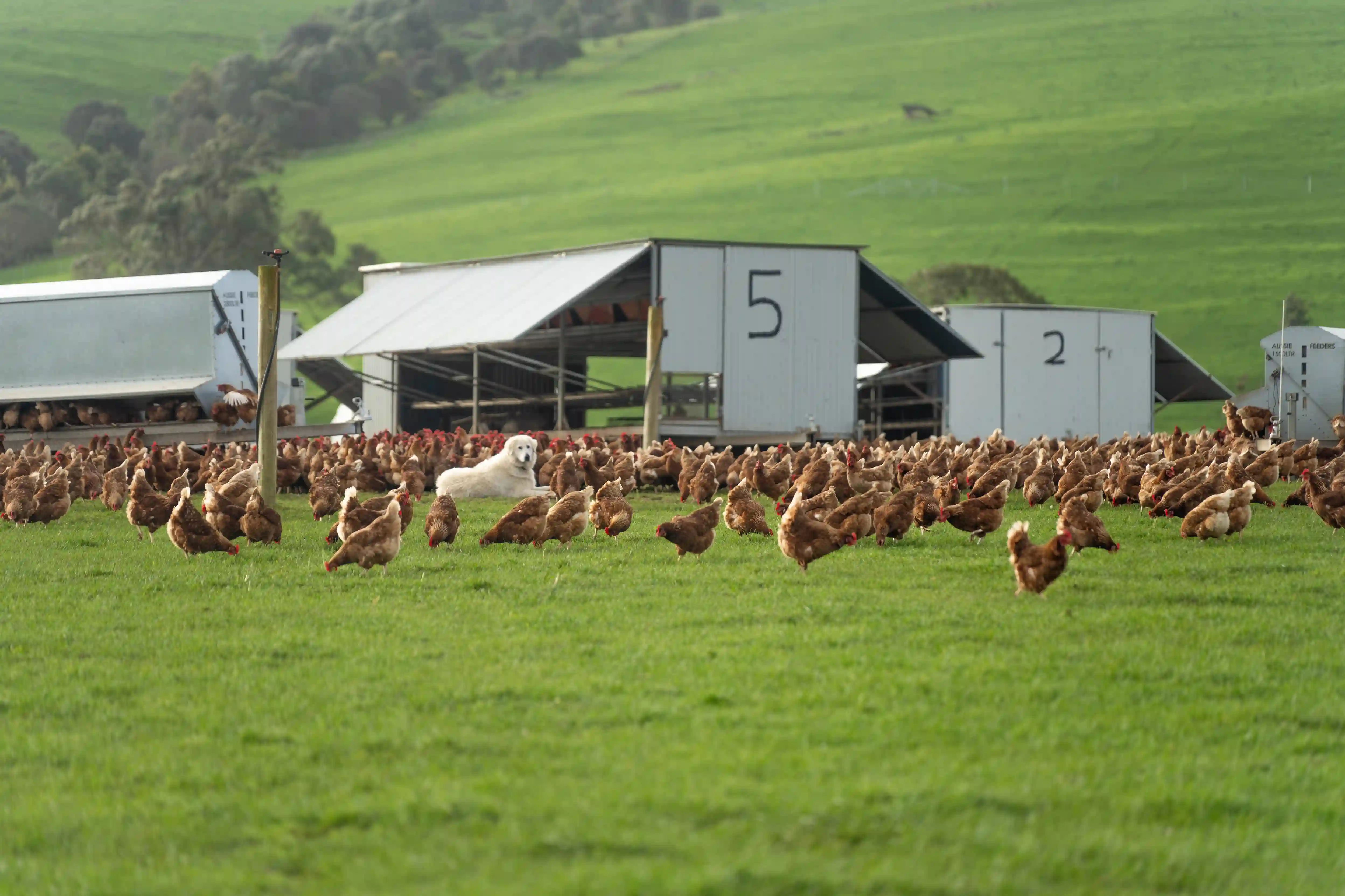
💩 Manure & Waste Management
Our sensors track manure accumulation and monitor storage conditions around the clock. This prevents overflow, protects soil and water, and ensures compliance with environmental standards. All data is logged automatically, making reporting and audits simple. Proper waste management is essential for truly sustainable farming.
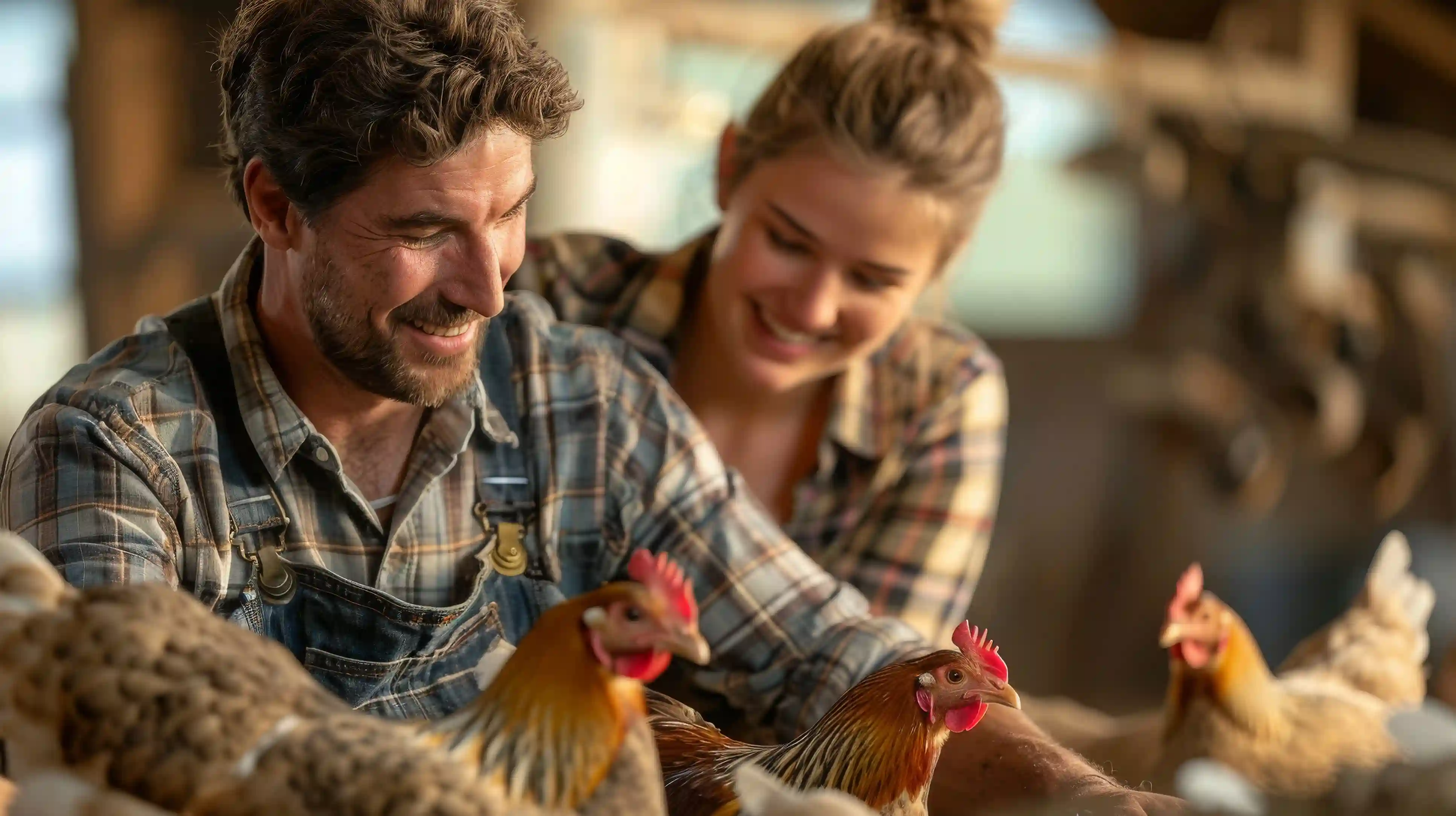
💧 Water & Feed Consumption
We measure daily water and feed usage to optimize efficiency and detect anomalies. The analytics help identify overuse, equipment issues, or signs of flock health problems. Balanced input usage reduces costs and improves overall animal welfare. Small adjustments here lead to big improvements long-term.
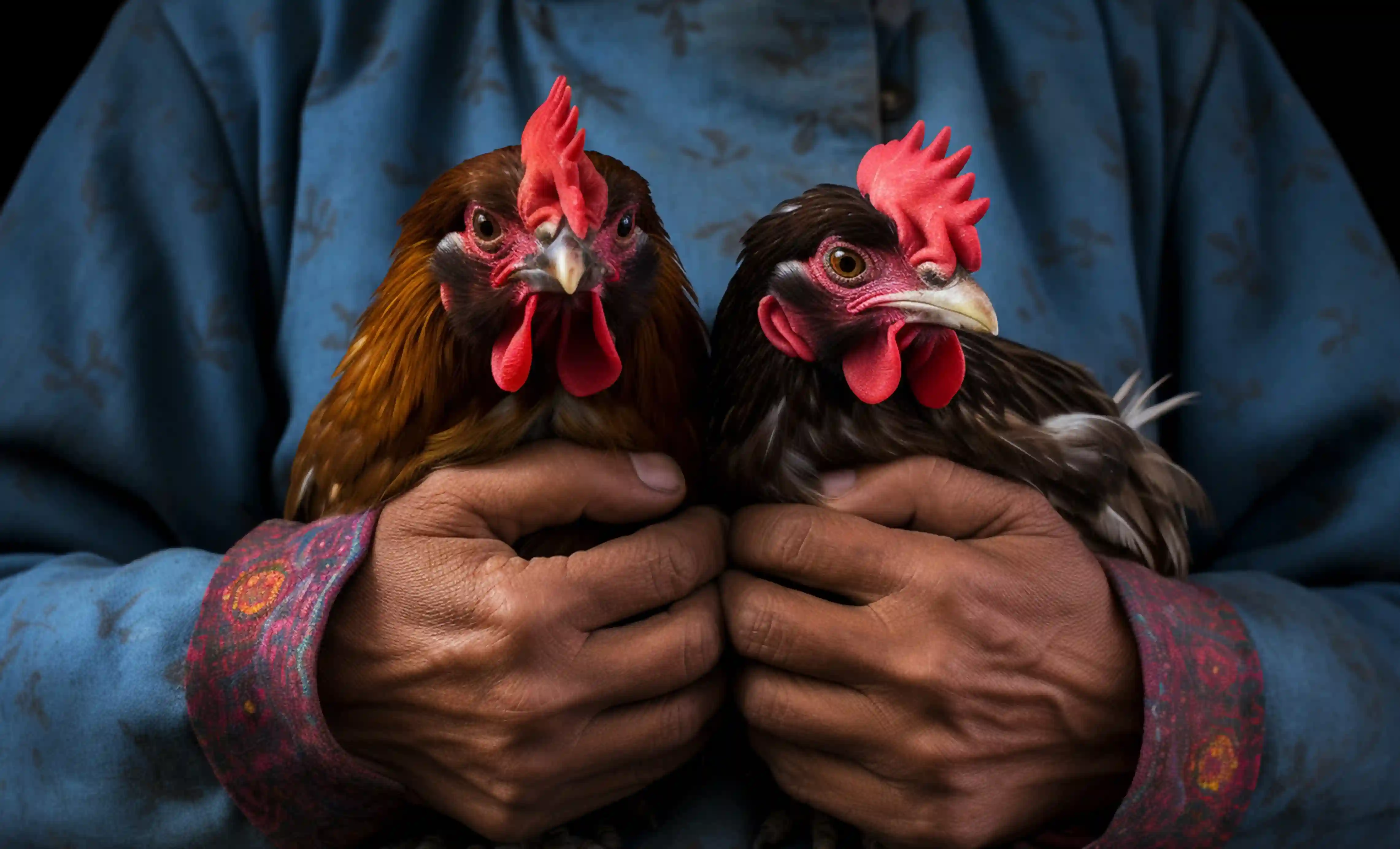
🌱 Soil & Runoff Impact
We assess how farm operations affect surrounding soil health and runoff into nearby water sources. By identifying contamination risks early, farmers can take preventive steps that protect ecosystems. These insights support better fertilization strategies and environmental stewardship. Sustainability starts with understanding your farm’s full impact.
How does chicken manure affect the ecosystem?
Chicken manure significantly affects the ecosystem — both positively and negatively — depending on how it’s managed. Here's a breakdown:
Natural Fertilization
Chicken manure is rich in essential nutrients like nitrogen (N), phosphorus (P), and potassium (K), which are vital for plant growth. When composted and applied correctly, it serves as an effective organic fertilizer, improving crop yields and reducing reliance on synthetic fertilizers.
Improved Soil Health and Structure
Manure adds organic matter to the soil, enhancing its texture and water-holding capacity. This leads to better aeration, improved root penetration, and higher microbial activity — all of which contribute to long-term soil fertility and resilience against erosion.
Supports Soil Microbial Life
The organic content in chicken manure feeds beneficial microorganisms in the soil. These microbes break down organic materials into usable forms for plants, promote nutrient cycling, and suppress harmful pathogens, creating a healthier ecosystem below the surface.
Water Pollution and Eutrophication
Excess manure or improper storage can lead to runoff of nitrogen and phosphorus into nearby water bodies. This causes eutrophication — a process that stimulates excessive algae growth, depleting oxygen levels and harming fish and aquatic life.
Air Pollution and Greenhouse Gas Emissions
Chicken manure emits gases such as ammonia (NH₃), methane (CH₄), and nitrous oxide (N₂O). These contribute to foul odors, respiratory issues in animals and humans, and intensify climate change through greenhouse gas accumulation.
Soil Imbalance and Contamination
Overapplication of manure can lead to nutrient overload, especially phosphorus build-up, which reduces soil quality over time. It can also increase soil salinity and introduce pathogens or heavy metals if not properly treated or monitored.
Stay Updated
Want practical tips and tools for cleaner poultry farming? Enter your number to stay informed!
